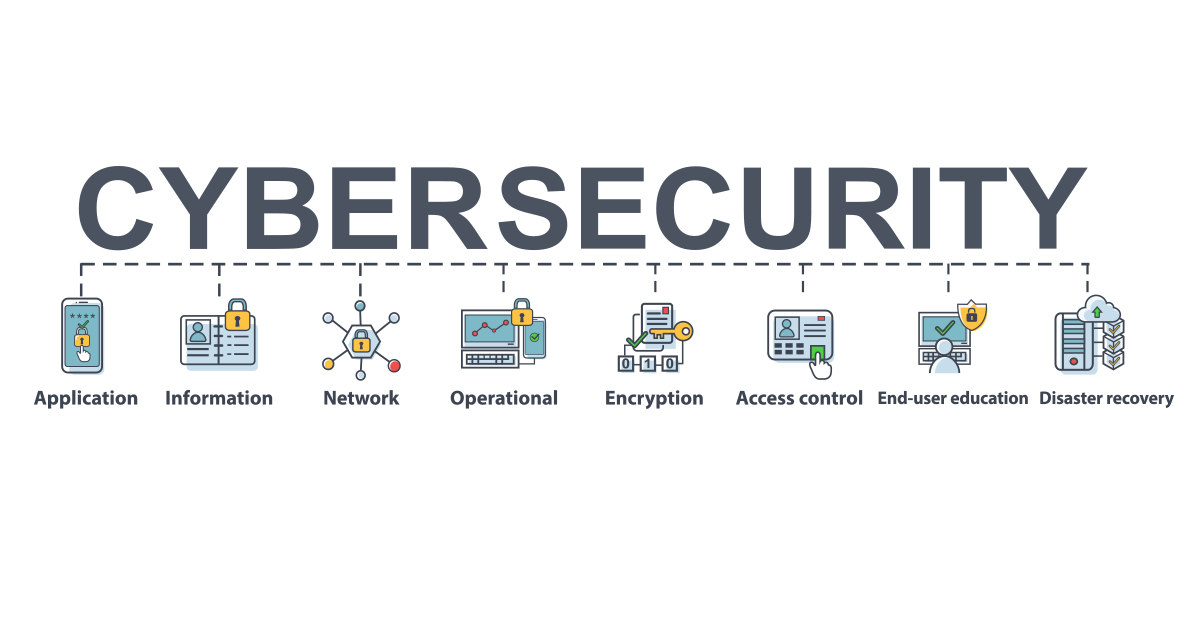
1. Information breaches: Fintech companies take care of sensitive financial information, making them a prime target for cybercriminals. A single information breach can jeopardize countless individuals' individual and economic information, resulting in serious repercussions.
2. Payment fraudulence: Scammers utilize innovative approaches to manipulate repayment systems, causing economic losses for both customers and organizations. Protecting against repayment fraudulence needs sophisticated security actions and consistent surveillance.
3. Compliance: Fintech companies have to abide by different economic regulations, such as GDPR, PCI-DSS, and AML/KYC. Guaranteeing conformity can be a facility and time-consuming procedure, but failing to do so can result in large fines and reputational damages.
4. Insufficient safety and security steps: Fintech firms commonly focus on rate and technology over protection, causing poor security versus cyber hazards. This can expose customers' information and economic info to considerable risks.
Fintech software application development must attend to these cybersecurity tests to protect users' passions and preserve public count on. }
The monetary modern technology field is undertaking a substantial makeover, presenting unique approaches to taking care of financial resources. Nevertheless, the rapid development comes up with fresh barriers, specifically in the realm of cybersecurity. These obstacles present issues regarding the reliability and security of financial systems and might weaken your reputation as a credible fintech company. Discover more at
In this short article, we'll explore the 4 primary cybersecurity risks that fintech firms experience and provide functional services to help minimize them.
"Cybersecurity Threats Evolve"
Malware attack is a catch-all term for any kind of harmful software program designed to damage a computer or server of a user. Cyberattackers create and spread malware software application for different reasons. The most constant objective is to steal individual, economic, or service information.
Ransomware sort of malware attacks continues to be one of the most prominent type of cyber threats. In 2023, 72% of organizations were struck by a ransomware assault, according to Statista's record. Exactly how do you keep secured? Right here are a few of the methods:
keep your computer system and software program upgraded;
just use a relied on anti-virus;
never open links that come from unknown senders.
Arising Technologies
The speedy welcoming of sophisticated technologies such as blockchain, AI, and IoT by fintechs uses tremendous possibility for growth and advancement, however it also introduces new protection obstacles. As an example, AI-driven systems can be utilized to identify weaknesses in networks and systems, while IoT strikes target devices attached to the web, compromising their data storage and collection capabilities. Although selecting safe and secure tools can minimize IoT dangers, combating AI-powered attacks requires a much more innovative strategy.
take on a split safety and security technique;
conduct understanding training for workers;
implementation of AI-powered protection devices.
Insider Threats
A fintech company's biggest risk can come from within. Staff members or specialists with certified accessibility to sensitive data or systems can pose a considerable danger, referred to as expert risks. These dangers can be deliberate, where sensitive info is taken and offered purposely, or unintended, where private details is accidentally exposed, triggering harm to the organization. Efficient techniques to reduce expert hazards include executing robust accessibility controls, keeping an eye on customer actions, offering regular training and awareness programs, and executing occurrence action prepares to address prospective safety and security violations.
Performing a evaluation of your team's access legal rights;
Establishing standards for password safety;
Supplying training to your team on avoiding phishing assaults.
External Expert
Fintech companies frequently depend on exterior vendors for tasks such as handling settlements or keeping information. This dependence on third-party companies in the growth of fintech software can develop different opportunities for cyber hazards. It is crucial for fintech business to thoroughly explore the third-party suppliers they partner with, which entails carrying out background checks and protection analyses to assure that robust security procedures are in effect.
In conclusion, while the fintech sector is obtaining worldwide adoption, cyberpunks never ever sleep, making cybersecurity a leading challenge in fintech software program development.
S-PRO, a forward-thinking software application development company, prioritizes the combination of cutting-edge safety and security options in its fintech tasks to safeguard the passions of both its cybersecurity protection clients and end-users, supplying them with first-class defense versus cyber strikes.